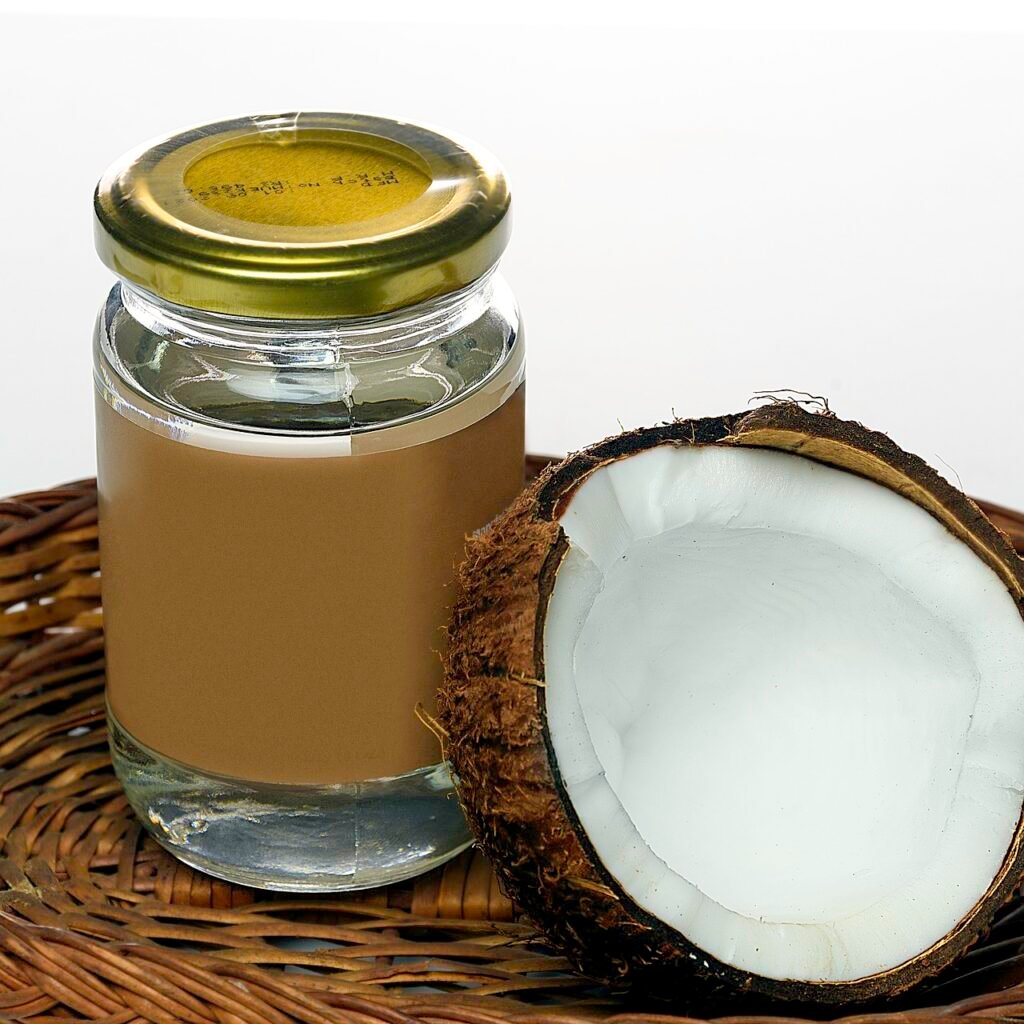In the world of health and fitness, the conversation about testosterone and fasting is gaining momentum. With intermittent fasting becoming increasingly popular, many are curious about its effects on testosterone levels. This blog post will explore the relationship between testosterone and fasting, examining how this eating pattern may naturally boost your testosterone levels. Whether you’re looking to enhance your fitness routine or simply optimize your overall health, understanding the link between testosterone and fasting could be a game-changer.
The Science Behind Testosterone and Fasting
When it comes to optimizing testosterone, the focus often falls on workouts, supplements, and diet. However, recent studies show that intermittent fasting could also play a significant role in boosting this crucial hormone. But how exactly does fasting impact testosterone?
Hormonal Responses During Fasting
One of the key benefits of fasting is its ability to trigger beneficial hormonal responses in the body. When you fast, insulin levels drop, and growth hormone production increases, creating an environment that may enhance testosterone production. Moreover, fasting leads to an increase in luteinizing hormone (LH), which directly stimulates testosterone synthesis. This hormonal shift is a significant reason why fasting can positively affect your testosterone levels.
Testosterone and Fasting: The Intermittent Fasting Advantage
Intermittent fasting, characterized by cycles of eating and fasting, offers a structured approach that can help balance hormone levels. During the fasting window, your body undergoes a series of metabolic changes, including improved insulin sensitivity and increased fat burning. Both of these factors contribute to higher testosterone levels, as excessive body fat and poor insulin sensitivity are known inhibitors of testosterone production.
Additionally, intermittent fasting can reduce oxidative stress and inflammation, two factors that negatively impact testosterone. By lowering these stressors, fasting creates a more conducive environment for testosterone production, helping to maintain or even increase your levels naturally.
Can Fasting Help Overcome Low Testosterone?
Low testosterone is a common concern as men age, leading to a range of symptoms from decreased muscle mass to reduced libido. While there are various treatments available, many are turning to natural methods like intermittent fasting to manage low testosterone.
Research suggests that fasting may help counteract the natural decline in testosterone that occurs with aging. By promoting fat loss and enhancing insulin sensitivity, fasting addresses two major contributors to low testosterone. Moreover, the increase in LH during fasting is particularly beneficial for men with low testosterone, as it directly stimulates the testes to produce more of this vital hormone.
Fasting for Testosterone: How to Get Started
If you’re interested in exploring the benefits of testosterone and fasting, it’s essential to choose a fasting method that fits your lifestyle. The 16:8 method, where you fast for 16 hours and eat during an 8-hour window, is a popular choice among beginners and experienced fasters alike. This approach is effective for improving testosterone levels while still providing enough time to consume the nutrients your body needs.
It’s also crucial to pair fasting with a balanced diet rich in protein, healthy fats, and micronutrients that support testosterone production. Foods like eggs, lean meats, nuts, and leafy greens are excellent choices to include during your eating windows.
Final Thoughts on Testosterone and Fasting
Testosterone and fasting are more connected than you might think. By incorporating intermittent fasting into your routine, you may experience significant improvements in your testosterone levels, along with a host of other health benefits. While fasting alone won’t solve all testosterone-related issues, it’s a powerful tool that, when combined with a healthy lifestyle, can help you achieve your fitness and wellness goals.
Disclaimer: The information provided on this blog is for general informational purposes only and is not intended as medical advice. Always consult with a qualified healthcare professional before making any decisions regarding your health or starting any new treatments. The content here should not be used to diagnose, treat, or prevent any medical condition. Additionally, please note that this blog is reader-supported. If you click on an affiliate link or advertisement and make a purchase, we may receive a commission at no extra cost to you. This helps us maintain the site and continue providing valuable content.




